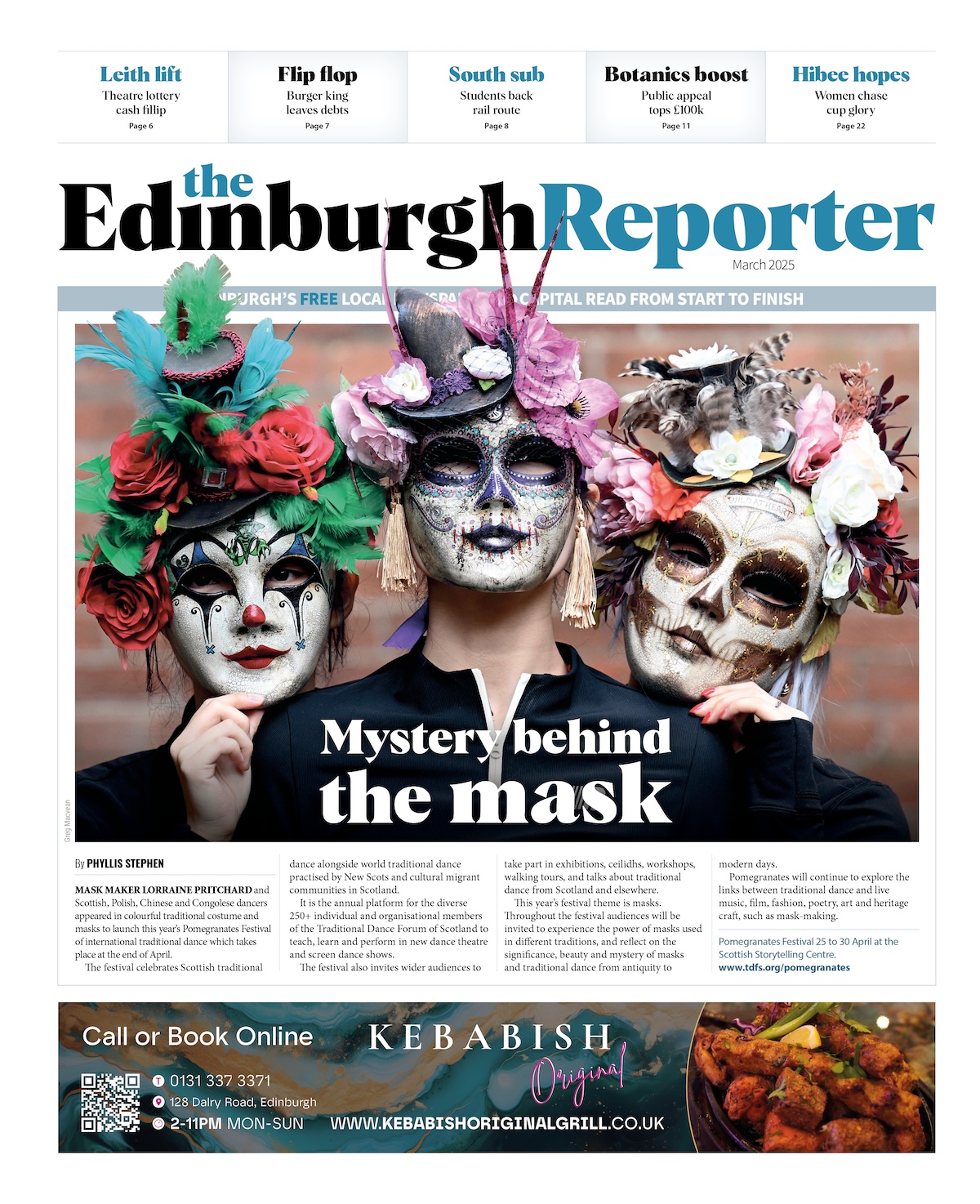Entering the auditorium, you’re ushered into a curtained-off area filled with low stools and strange projectors – which you quickly gather is a planetarium. Here, John Mackay’s understated astronomer shows you the wonders of the galaxy and guides you through the secrets of distant stars.
Yet as well as far-flung worlds, the brief blinks of light in the near-total darkness can also represent more mundane devices mapping his peripheral vision, for the astronomer is quickly going blind.
Sound&Fury’s poignant offering maps the personal onto the universal, as its single character’s rapid visual decline and worries about looking after his six-year-old son are set against the ever-expanding universe and the slow deaths of alien suns.
It’s a slick, precise production, performed for the most part in almost complete darkness, which renders its text and sounds all the more potent as the ear strains to catch every last detail. There are some breathtaking effects conjured from its simple lightbox, though: a crumpled sheet of paper becomes a newly formed sun, and the Milky Way hangs enticingly above our heads.
Yet the production never overplays its technical sophistication, and it has a calm thoughtfulness about it that exerts a strong draw. Hattie Naylor’s script is sometimes direct, sometimes oblique, but always resonant, and in the end it’s the frightening ordinariness of the tragedy conveyed by the play that makes it so powerful.











